Canada, like other countries, has had a long-standing problem with doctor shortages. Rural and northern communities struggle to find doctors who want to stay in remote regions after their mandatory medical placements have ended. Finding a family doctor or pediatrician has become a massive struggle, too. “Fewer medical students [are] choosing to specialize in family medicine,” the Canadian Medical Association noted in March, with “younger physicians not wanting to take over traditional clinical practices.”
‘It is expected that 25 percent of students will be admitted through the General Admissions Stream and 75 percent collectively through the Indigenous, Black, and Equity-Deserving admissions pathways’
That’s why there was a great deal of excitement when Toronto Metropolitan University was recently granted preliminary accreditation for a four-year MD program. With this important approval from the Committee on Accreditation of Canadian Medical Schools, TMU’s September announcement stated, “the School of Medicine can now begin recruiting prospective students for its first cohort in September 2025.” It will become Canada’s eighteenth accredited medical school.
The premier of Ontario, Doug Ford, of the Progressive Conservative Party, posted on Twitter on September 27: “I’m thrilled to see that TMU’s medical school has officially been accredited.” “This final hurdle paves the way for the first new medical school in the Greater Toronto Area in over 175 years, with new doctors set to graduate by spring 2026 to help connect more people to care in Ontario.”
Ford’s initial reaction was understandable. But I wonder if his enthusiasm became more tempered when it was revealed that Canada’s newest medical school will be a sanctuary for left-wing, backward-thinking diversity, equity and inclusion (DEI) policies.
Looking more closely at TMU’s announcement, some red flags appear immediately.
“The four-year MD curriculum is rooted in community-driven care and cultural respect and safety, with equity, diversity and inclusion, decolonization and Reconciliation woven throughout,” one paragraph outlined. “Through active, inquiry-based learning, the school will help train innovative, well-rounded physicians who are responsive to societal and community needs.”
What do things like “decolonization and Reconciliation” have to do with becoming a doctor, you might reasonably ask?
Things get worse though when it comes to the admissions criteria for the new school. According to TMU, “the admissions process will also purposefully admit equity-deserving students and identify applicants interested in primary care practice, particularly in medically underserved areas.”
Hold on. A medical school is actually acknowledging that it is putting in place a discriminatory acceptance policy — and not even being coy about it? Yes, indeed. The announcement notes there will be “three dedicated admissions pathways in addition to the General Admissions Stream.” The pathways will be for “Indigenous Admissions,” “Black Admissions” and “Equity-Deserving Admissions.”
If this wasn’t bad enough, here comes the clincher.
TMU’s School of Medicine has revealed its selection process for the MD program on its website. “For the 2025 admissions cycle, a total of ninety-four seats are available,” the university notes. “It is expected that 25 percent of students will be admitted through the General Admissions Stream and 75 percent collectively through the Indigenous, Black, and Equity-Deserving admissions pathways.”
That’s right. Three-quarters of the places in Canada’s newest medical school will be determined by TMU’s strict DEI standards. Grades, extracurricular activities, volunteering, work experience, and other assessments won’t be the main criteria for deciding who becomes a practicing doctor. TMU even make clear that they are willing to relax academic standards for DEI candidates, saying that:
In exceptional circumstances, applicants in the three admissions pathways (Indigenous, Black, and Equity-Deserving) with a GPA below the minimum requirement of 3.3 may have their application considered for admission by the relevant pathway subcommittee.
This is a perfect example of reverse discrimination — the kind which was struck down in the US by the Supreme Court last year. TMU’s administration have clearly chosen against accepting the best and brightest medical school applicants from all walks of life. They probably didn’t even think about the discriminatory nature of their selection process and DEI policies.
They should have, however. While it’s not illegal in Canada to do something like this, it’s definitely unwise. TMU’s decision reeks of the racism we’ve seen in the past — and is the kind of policy that repels most ordinary people.
What can be done? For starters, Canadians and political leaders like Ford should speak out against TMU’s intolerant selection policy. It would also be wise for the Committee on Accreditation of Canadian Medical Schools to pull back its preliminary accreditation for TMU’s School of Medicine until it ensures that all student applicants will be treated in a fair, equal and merit-based fashion. If it doesn’t, it’s inevitable that confidence in the medical profession will be shaken.
There’s an old joke which highlights society’s concerns about academic standards and medicine: “What do you call someone who finishes last in medical school? Doctor.” I fear that joke will become very relevant again if TMU moves ahead with this irresponsible strategy for its new medical school.
This article was originally published on The Spectator’s UK website.



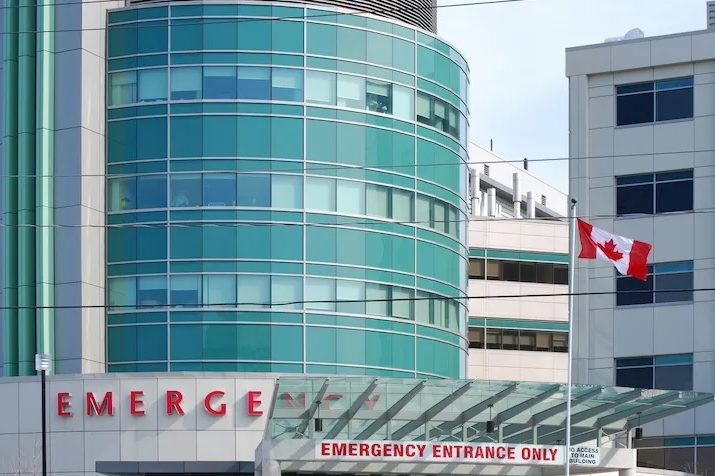






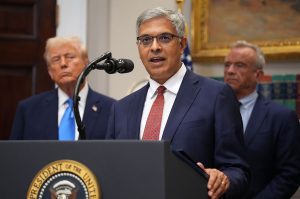



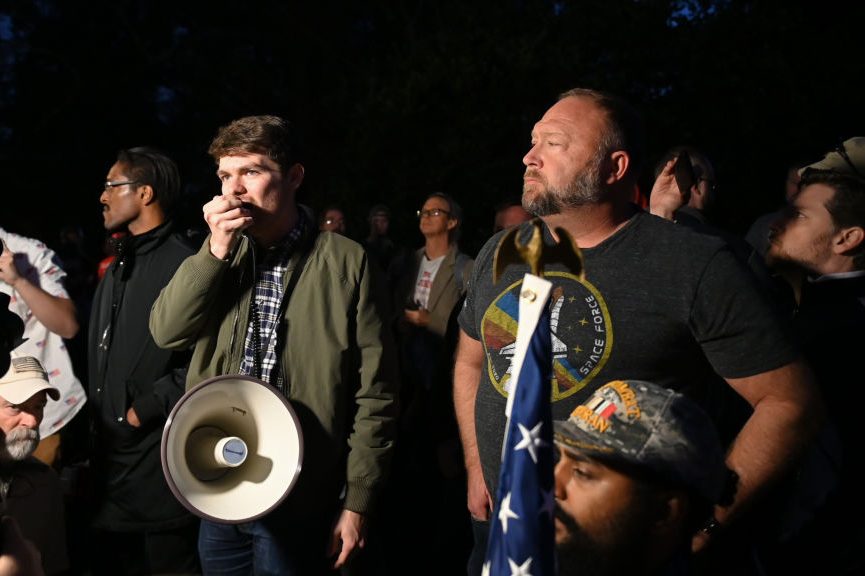
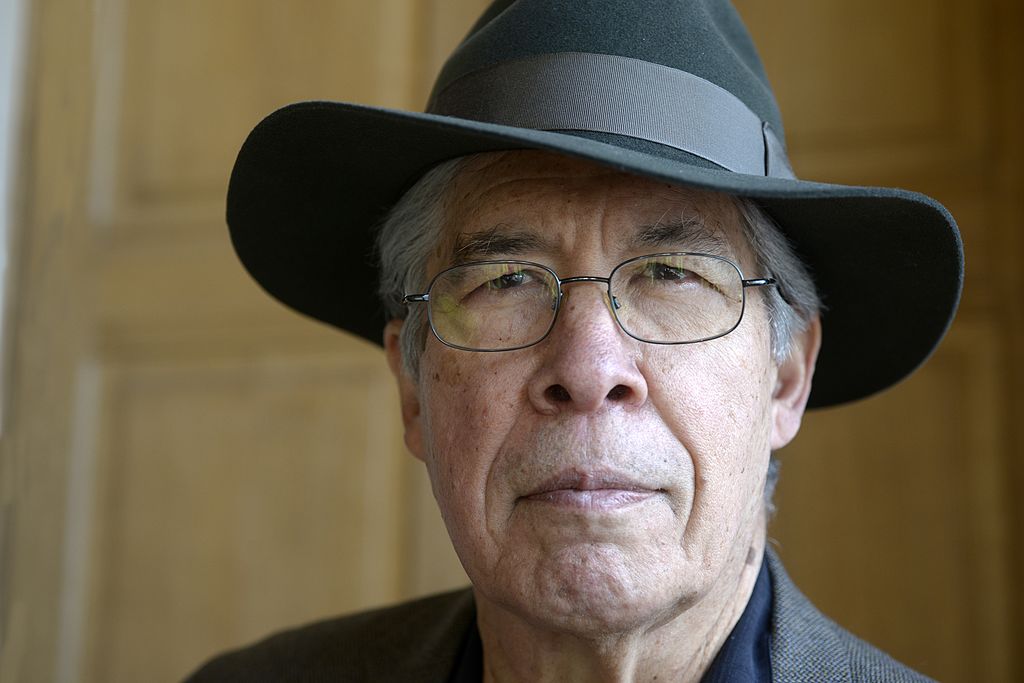


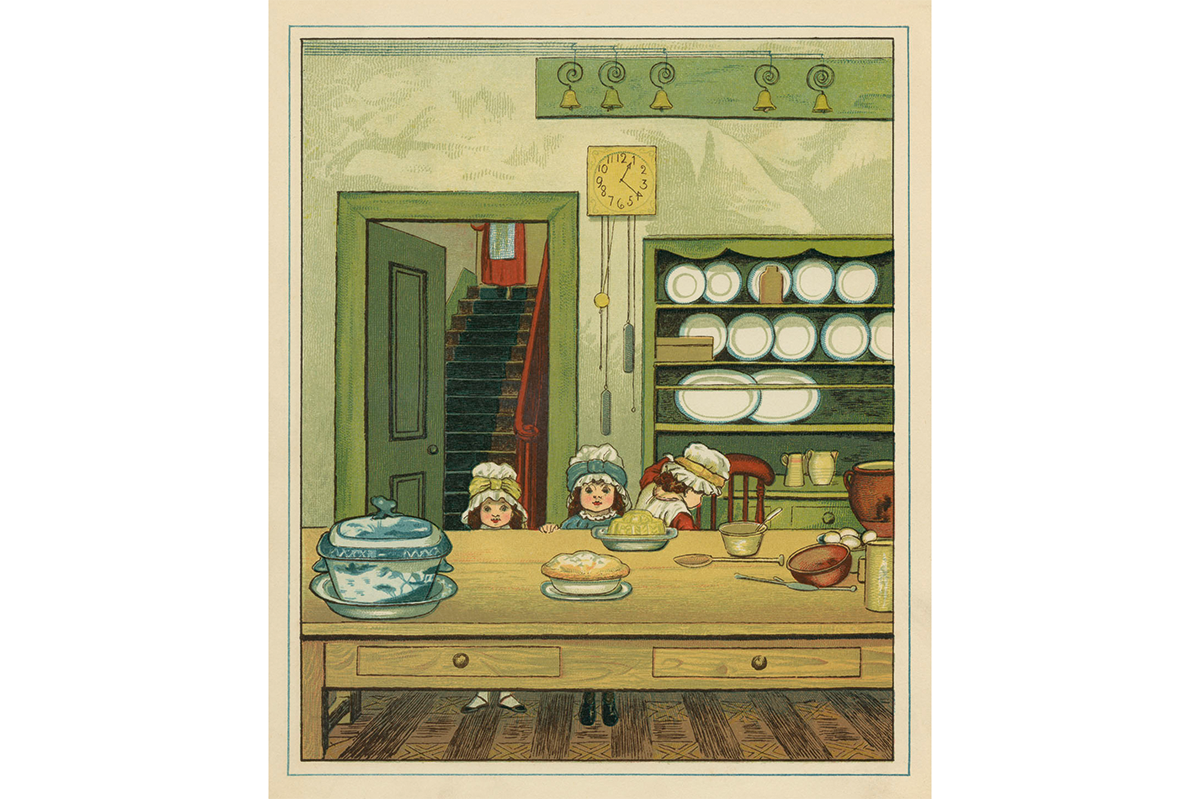







Leave a Reply